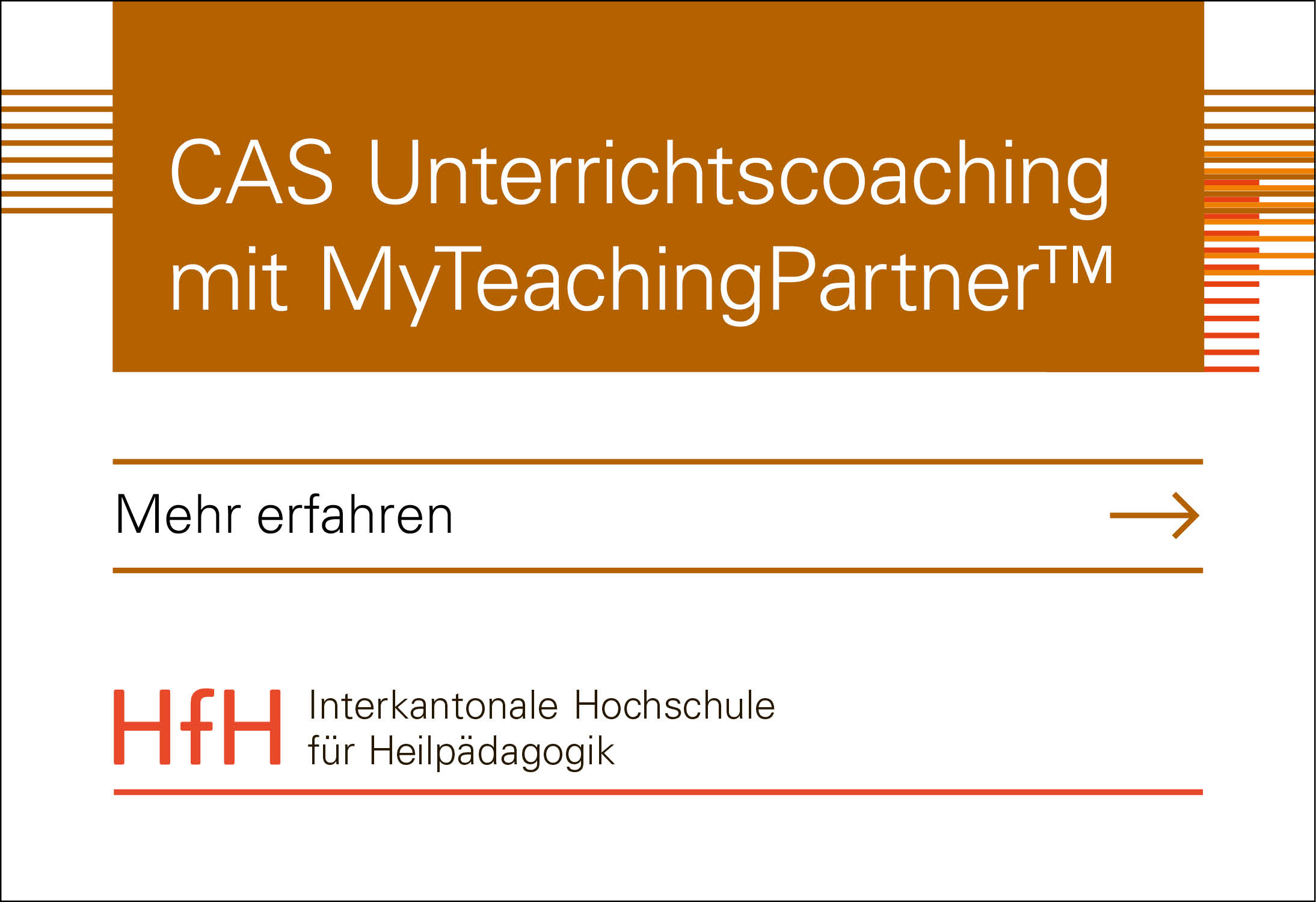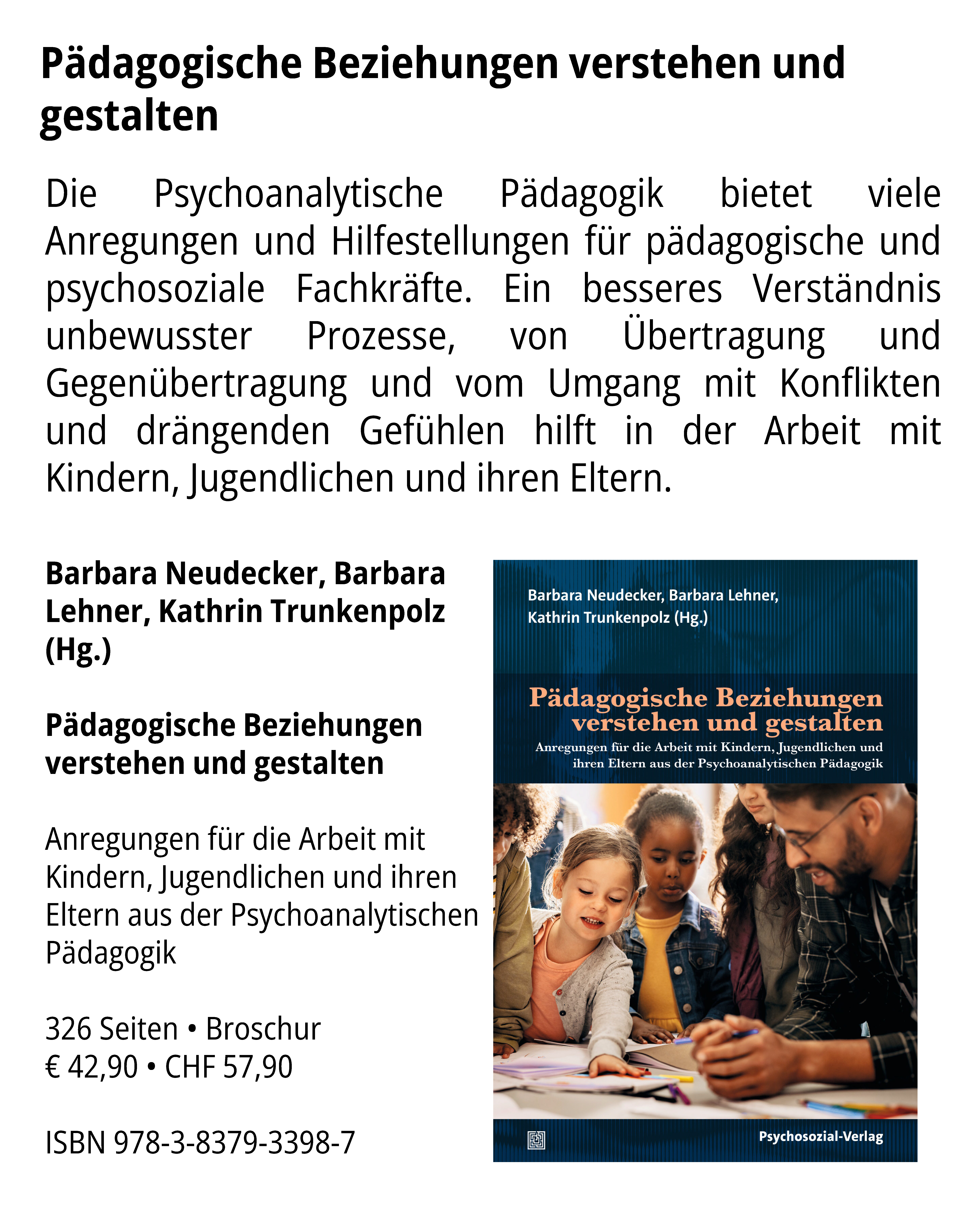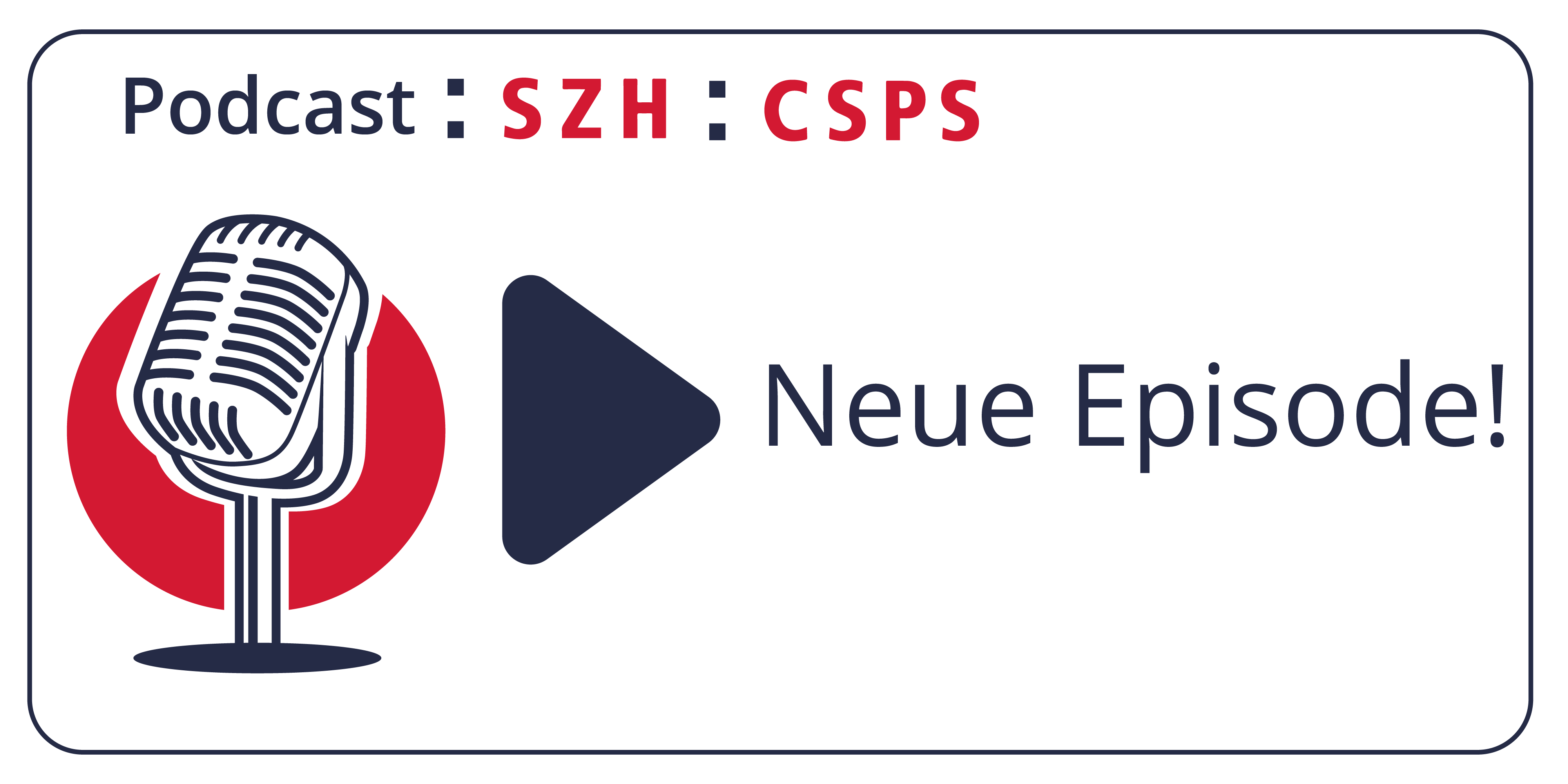Wie erleben Kinder und Jugendliche soziale Partizipation in inklusiven Sportclubs?
Ergebnisse aus der Pilotstudie UNIFIED-GR
DOI:
https://doi.org/10.57161/z2023-05-01Schlagworte:
kognitive Beeinträchtigung, Partizipation, soziale Interaktion, Inklusion, Freizeit, SportAbstract
Das Programm Unified von Special Olympics Switzerland ermöglicht Menschen mit kognitiver Beeinträchtigung den Zugang zu regulären Sportvereinen. In einer Pilotstudie wurde die soziale Partizipation von Kindern und Jugendlichen untersucht, die in Unified Clubs trainieren. Partizipation wurde aus der Perspektive der Kinder und Jugendlichen sowie der erwachsenen Bezugspersonen mit der Experience Sampling Methode erfragt. Neun Teilnehmende gaben während bis zu acht Wochen täglich Auskunft über ihr aktuelles subjektives Erleben von Partizipation. Es zeigte sich, dass die soziale Partizipation im Training und im schulischen Sportunterricht sowie generell mit Peers als besonders gut erlebt wird.
Literaturhinweise
Cohen, J. (1992). A power primer. Psychological Bulletin, 112 (1), 155–159. https://doi.org/10.1037/0033-2909.112.1.155
Eime, R. M., Young, J. A., Harvey, J. T., Charity, M. J. & Payne, W. R. (2013). A systematic review of the psychological and social benefits of participation in sport for children and adolescents: Informing development of a conceptual model of health through sport. The International Journal of Behavioral Nutrition and Physical Activity, 10 (1), 98. https://doi.org/10.1186/1479-5868-10-98
Granlund, M. (2013). Participation – challenges in conceptualization, measurement and intervention. Child: Care, Health and Development, 39 (4), 470–473.
Imms, C., Granlund, M., Wilson, P. H., Steenbergen, B., Rosenbaum, P. & Gordon, A. M. (2017). Participation, both a means and an end: A conceptual analysis of processes and outcomes in childhood disability. Developmental Medicine & Child Neurology, 59 (1), 16–25.
Mestdagh, M., Verdonck, S., Piot, M., Niemeijer, K., Tuerlinckx, F., Kuppens, P. & Dejonckheere, E. (2022). m-Path: An easy-to-use and flexible platform for ecological momentary assessment and intervention in behavioral research and clinical practice. PsyArXiv. https://doi.org/10.31234/osf.io/uqdfs
Schallberger, U. (2005). Kurzskala zur Erfassung der Positiven Aktivierung, Negativen Aktivierung und Valenz in Experience Sampling Studien (PANAVA-KS). Psychologisches Institut der Universität Zürich.
Schluchter, T., Eckhart, M., Nagel, S. & Valkanover, S. (2021). Kinder mit kognitiver Beeinträchtigung und Sport. Untersuchung zu sportlichen Freizeitaktivitäten und dem sportbezogenen Fähigkeitsselbstkonzept. Schweizerische Zeitschrift für Heilpädagogik, 27 (1–2), 26–33.
Schreiber, M. & Jenny, G. J. (2020). Development and validation of the «Lebender emoticon PANAVA» scale (LE-PANAVA) for digitally measuring positive and negative activation, and valence via emoticons. Personality and Individual Differences, 160, 109923. https://doi.org/10.1016/j.paid.2020.109923
Spreer, M., Fink, A. & Gebhard, B. (2019). Partizipation. Frühförderung Interdisziplinär, 38, 214–217.
Übereinkommen über die Rechte des Kindes (UN-Kinderrechtskonvention, UN-KRK) vom 20. November 1989, durch die Schweiz ratifiziert am 24. Februar 1997, in Kraft seit dem 26. März 1997, SR 0.107.
Venetz, M. & Zurbriggen, C. (2015). Intensive Longitudinal Methods – ihre Eignung für die sonderpädagogische Forschung und exemplarische Anwendungsmöglichkeiten. Empirische Sonderpädagogik, 7 (3), 194–205.
Venetz, M., Zurbriggen, C. L. A. & Schwab, S. (2019). What do teachers think about their students’ inclusion? Consistency of students’ self-reports and teacher ratings. Frontiers in Psychology, 10 (1637). https://doi.org/10.3389/fpsyg.2019.01637
Watson, D. & Tellegen, A. (1985). Toward a consensual structure of mood. Psychological Bulletin, 98 (2), 219–235.
Züll, A., Tillmann, V., Froböse, I. & Anneken, V. (2019). Physical activity of children and youth with disabilities and the effect on participation in meaningful leisure-time activities. Cogent Social Sciences, 5 (1), 1648176.
Zurbriggen, C. L. A., Venetz, M. & Hinni, C. (2018). The quality of experience of students with and without special educational needs in everyday life and when relating to peers. European Journal of Special Needs Education, 33 (2), 205–220.
Veröffentlicht
Zitationsvorschlag
Ausgabe
Rubrik
Lizenz
Copyright (c) 2023 Simone Schaub, Mireille Audeoud, Matthias Lütolf, Carmen Zurbriggen

Dieses Werk steht unter der Lizenz Creative Commons Namensnennung 4.0 International.








